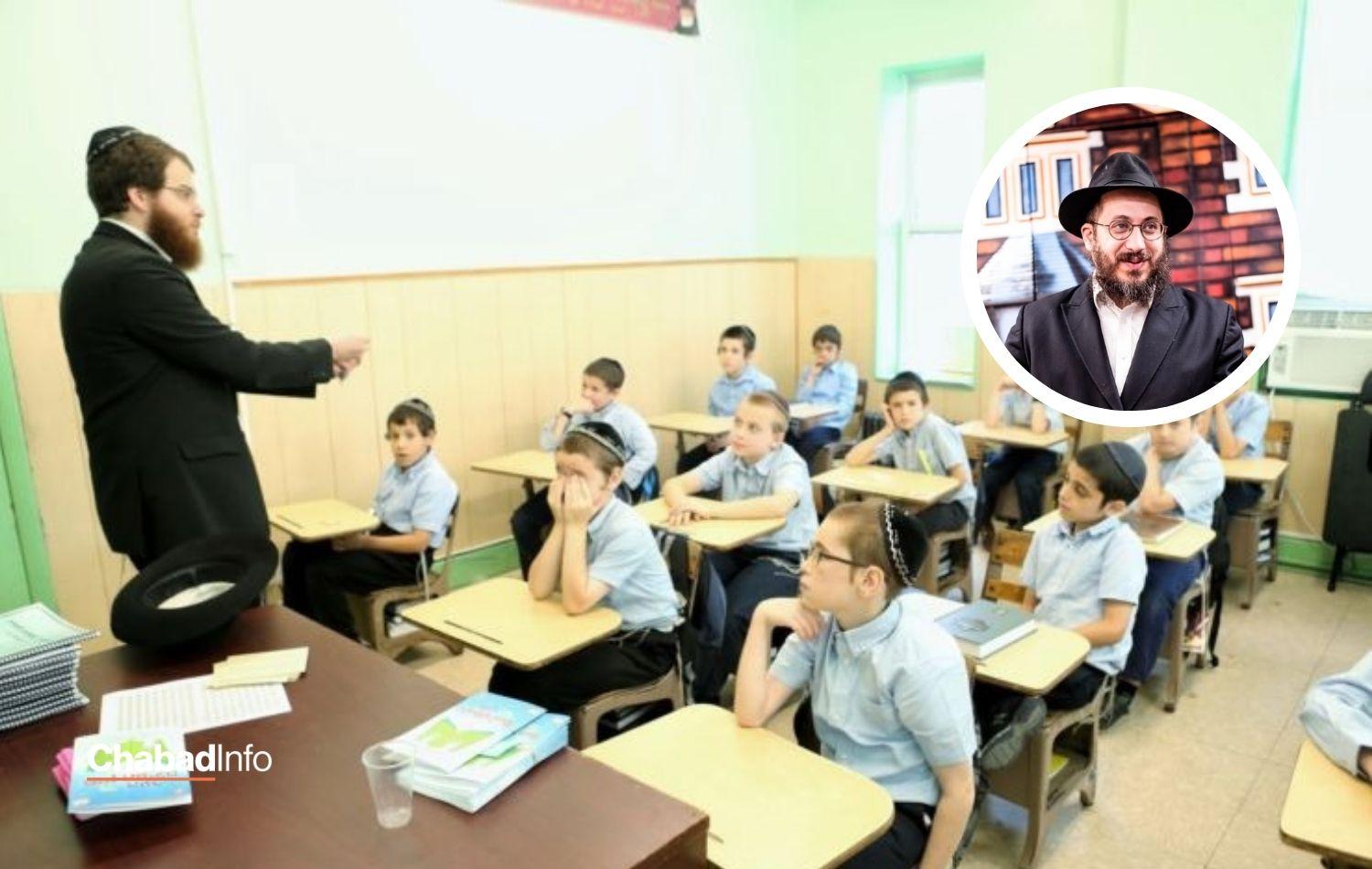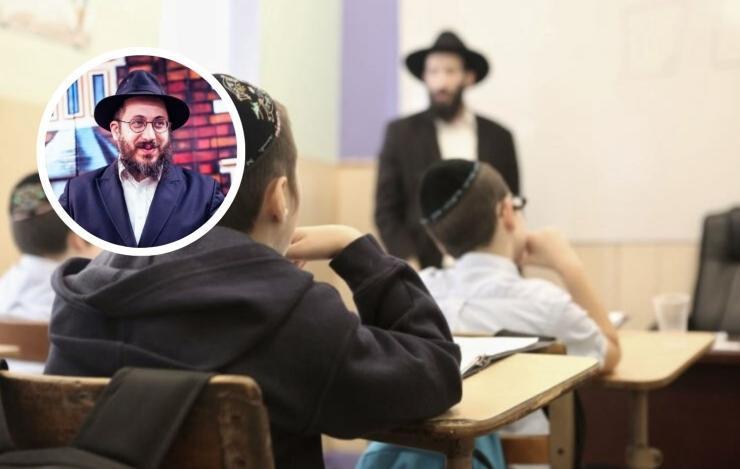How Should a Teacher Deal With a Difficult Parent?
How should a teacher deal with a parent who interferes with his educational methods and approach? Rabbi Gershon Avtzon answers in this week’s Chinuch and Moshiach column • Full Article
Question: This past year, I was a first-year teacher and worked hard on being dedicated to students and having a good relationship with their parents. I thought I was generally successful, except for one parent that kept interfering with our educational methods and approach. It really got intense and the parent announced that he is not sending his son back to our school. I feel terrible and this entire summer I have avoided my students. I am beginning to doubt if I should continue teaching and I am feeling very lonely. I am reaching out for help and guidance.
Answer: I am so happy to hear of your dedication to your students, it is truly admirable and I am sure that they benefited tremendously from your teaching this past year. I would like to divide my answer into three parts: (1) How to deal with that difficult parent. (2) Your self-doubts about your future in education. (3) Your apparent feeling of loneliness.
How to deal with a difficult Parent:
(1) “In response to what you write about the friction between the teacher and one of the parents of the class: although you are correct, that (for the success of the institution) it is imperative that there is obedience and discipline, it is still very important that the father should be influenced — by the school encouraging others to speak with the father (without him knowing that it is being encouraged by the school) — so that it does not destroy the structure and discipline of the school. This case is included in the general guidance of our sages that “salvation comes through multiple discussions and counsel”. (Igros, Vol. 12 p. 439; #4254)
The Self-Doubting of the Teacher:
(2) “This that you write in your letter that you are doubting your ability to be a teacher: I am certain that even you are aware that this notion is coming from the Yetzer Hara with the intent to prevent your continued positive impact on the students. The entire debate is a waste of our time. You should be strong in your resolution that since you merited to teach in the Rebbe’s institution, you are thus connected to him. This connection will serve as the source of the power and ability given to you to fulfill your shlichus in a way that “at the end, they will be Chassidim”. When you do your part, then — as the famous expression of the Alter Rebbe — Hashem will take care of what you need.” (Igros, Vol. 5 p. 192; #1393)
The Loneliness of the Teacher:
(3) “This that you wrote to me about your loneliness: In regards to you (as a teacher) it is very surprising: You have merited to be an educator of Jewish children, which are children of Hashem. Any positive action — and positive influence — with them, creates an eternal (as well as holy and spiritual) bond which can’t be separated.”
“In other words: when you are sitting in your room, and at that moment one of your students is reviewing your lesson or performing a mitzvah (like saying a bracha) as you taught them to do, this adds to the light and energy of your connection with them. It is impossible that your G-dly soul does not feel this and the G-dly soul is the true lifesource of the animal soul as well.”
“I am well aware that not everyone can feel this, as it is not a tangible matter, but it does not take away from the truth of what I’m writing. Thus, with minimal contemplation one can open the gateway of the G-dly soul and can even influence the animal soul. Being that the moods of people change and there are times when one needs extra arousal and inspiration; the good advice would be to go out and meet some of your students or at least speak of them and your lessons to others. The voice has the power to bring out and strengthen the focus and words have the ability to reveal deeper feelings.” (Igros, Vol. 12 p. 359; # 8964).
[In the above-mentioned letter, the Rebbe continues to acknowledge the true source of her loneliness: Her being single. The Rebbe encourages her to tell her relatives — in the name of the Rebbe — to be more active in seeking an appropriate shidduch.]
The Moshiach Connection
All the self-doubts and loneliness comes from the concealment of exile. Because we do not see the direct results of our mitzvos and efforts, one can feel that they are not accomplishing anything with their work. When Moshiach comes and the truth is revealed to all, all educators will be able to proudly say “Re’u giddulim shegidalnu – see what we have raised.”
*
Rabbi Gershon Avtzon is the Rosh Yeshiva of Yeshivas Lubavitch Cincinnati and a well sought-after speaker and lecturer.
88
Join ChabadInfo's News Roundup and alerts for the HOTTEST Chabad news and updates!











































